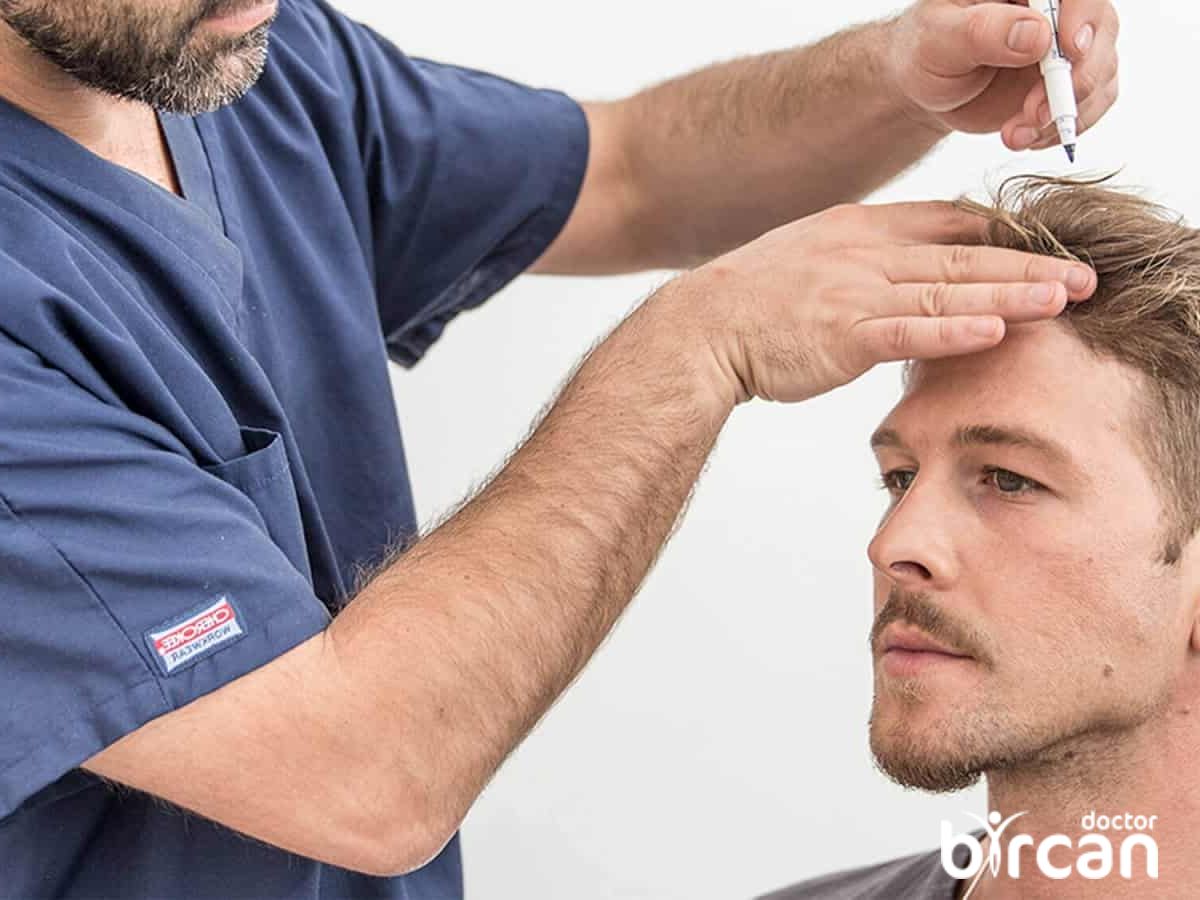Post-operative care following a hair transplant in Riyadh is a critical phase that significantly influences the success and longevity of the transplanted hair follicles. Adhering meticulously to the guidelines provided by your hair transplant surgeon is paramount to ensure optimal graft survival, minimize the risk of complications such as infection or excessive swelling, and facilitate a smooth and comfortable recovery process in the specific climate and conditions of Riyadh. These instructions are carefully tailored to your individual needs, the extent of the transplant, and the specific techniques employed (whether FUE or FUT). However, several fundamental principles underpin the post-operative care regimen for most hair transplant patients in Riyadh.

The Initial 24 to 48 Hours: A Period of Utmost Care
The immediate aftermath of your hair transplant is a delicate period where the newly implanted grafts are most vulnerable. Gentle handling and adherence to specific protocols are crucial during these initial hours.
- Head Elevation: Maintaining an elevated head position, even while resting or sleeping, is strongly recommended. This practice aids in minimizing swelling in both the recipient and donor areas by promoting fluid drainage. Utilizing multiple pillows to prop yourself up is a simple yet effective measure.
- Pain Management: Some level of discomfort is expected post-surgery. Your surgeon will prescribe or recommend appropriate pain relief medication. It is essential to take these medications as directed to manage any pain or tenderness. Avoid over-the-counter medications like aspirin or ibuprofen unless specifically advised by your surgeon, as they can potentially increase bleeding.
- Cold Compresses (with Caution): Applying cold compresses can be beneficial in reducing swelling, particularly around the forehead and eyes. However, it is crucial to apply these compresses gently and avoid any direct pressure on the newly transplanted grafts to prevent their dislodgement.
- Strict Avoidance of Touching or Scratching: An intense urge to touch or scratch the scalp, especially if it feels itchy or uncomfortable, is common. However, resisting this urge is absolutely vital. Any accidental rubbing or scratching can dislodge the delicate grafts, compromising the final outcome of the transplant.
- Gentle Movement: During the initial days, it is advisable to move slowly and deliberately, avoiding any sudden or jerky movements that could potentially strain the scalp or disrupt the healing process.
The First Week: Nurturing the Newly Implanted Grafts
The first week following your hair transplant in Riyadh is crucial for the stabilization and initial healing of the transplanted follicles.
- Commencing Hair Washing (with Guidance): Your surgeon will provide precise instructions on when and how to begin washing your hair. Typically, gentle washing is permitted after the first 24 to 48 hours. Use only a mild, fragrance-free shampoo as recommended by your clinic. Apply the shampoo very gently, avoiding any vigorous rubbing or manipulation of the scalp. Rinse thoroughly with lukewarm water, ideally using a cup to pour water over your head rather than direct shower pressure on the grafts.
- Drying with Utmost Care: After washing, pat your hair dry with an extremely soft towel. Avoid any rubbing or vigorous drying motions. Air drying is often the most recommended method during this initial phase.
- Crust Formation: A Natural Part of Healing: The formation of small crusts around the transplanted grafts is a normal part of the healing process as the skin recovers. It is imperative not to pick at these crusts, as this can damage the underlying grafts and increase the risk of infection. These crusts will typically detach naturally within one to two weeks.
- Swelling Management Continuation: Swelling may persist or even peak around the third post-operative day before gradually subsiding. Continue to elevate your head and use cold compresses as instructed by your surgeon.
- Activity Restrictions: Prioritizing Healing: Avoid any strenuous physical activities, heavy lifting, and exercises that induce sweating during the first week. Increased blood flow to the scalp from such activities can potentially jeopardize graft survival. Sexual activity is also generally discouraged during this period.
- Sun Protection: Shielding the Delicate Grafts: Protecting your scalp from direct sun exposure is crucial, especially in Riyadh's often intense sunlight. Wear a loose-fitting, breathable hat whenever you are outdoors.

